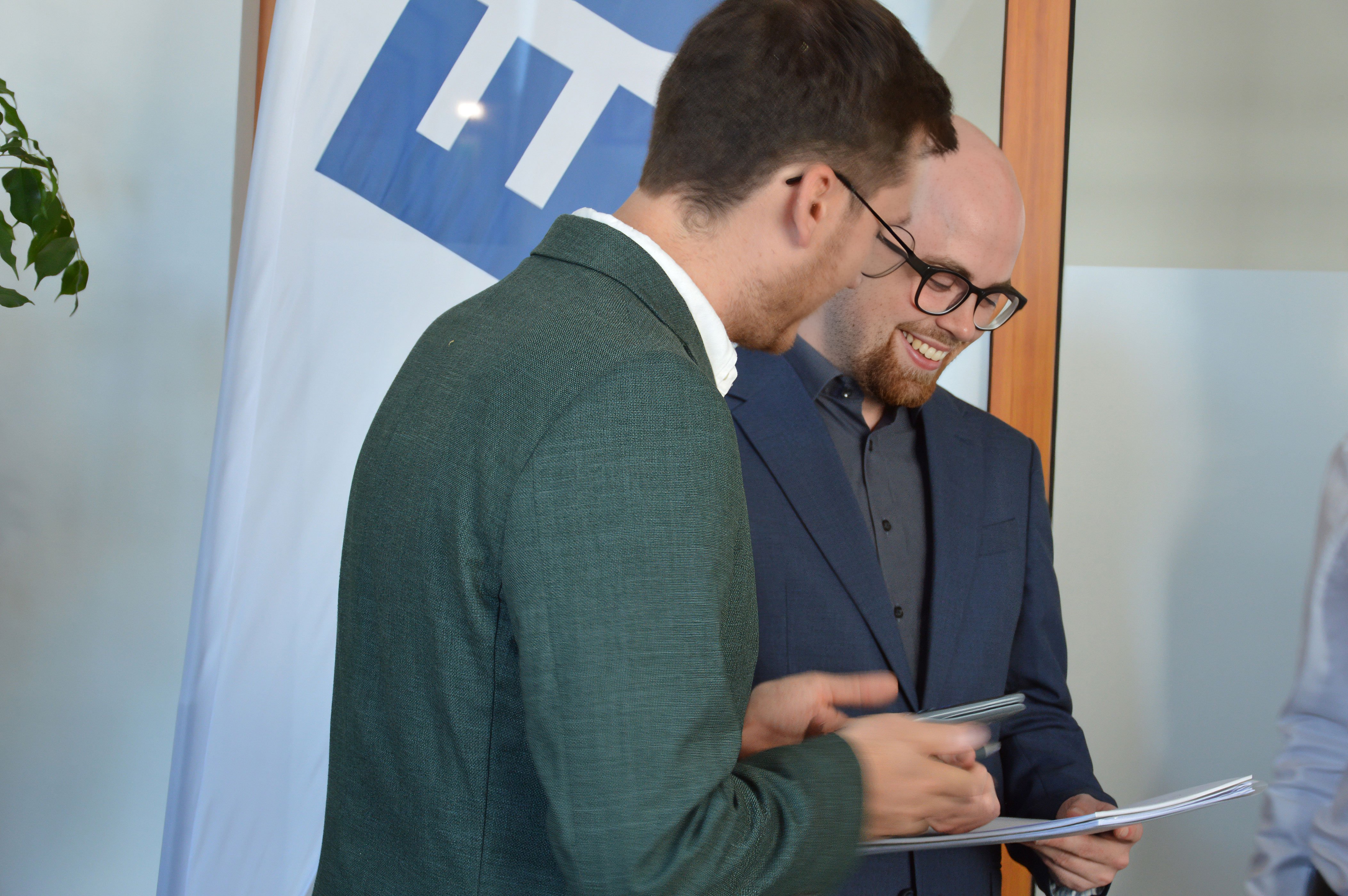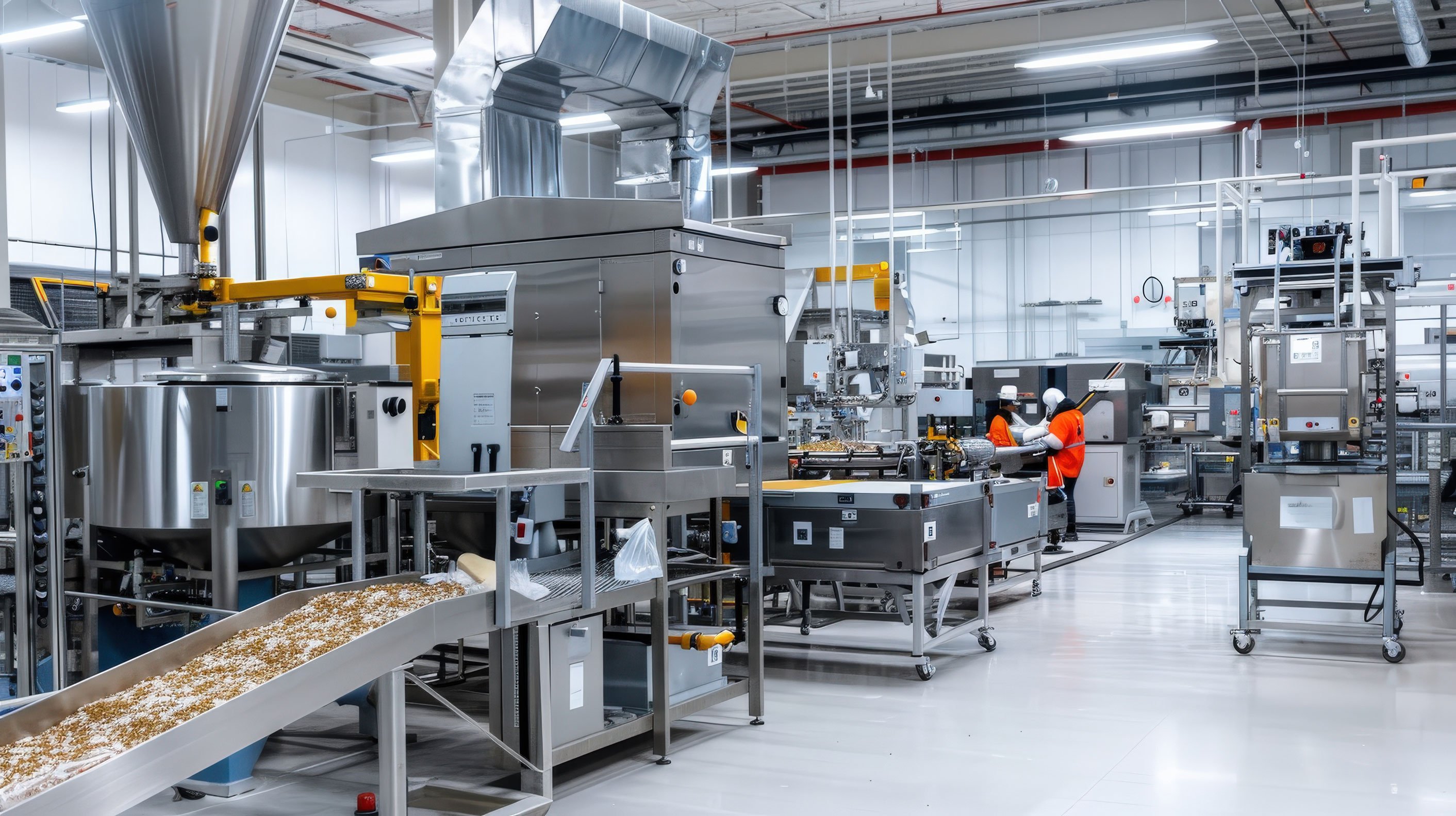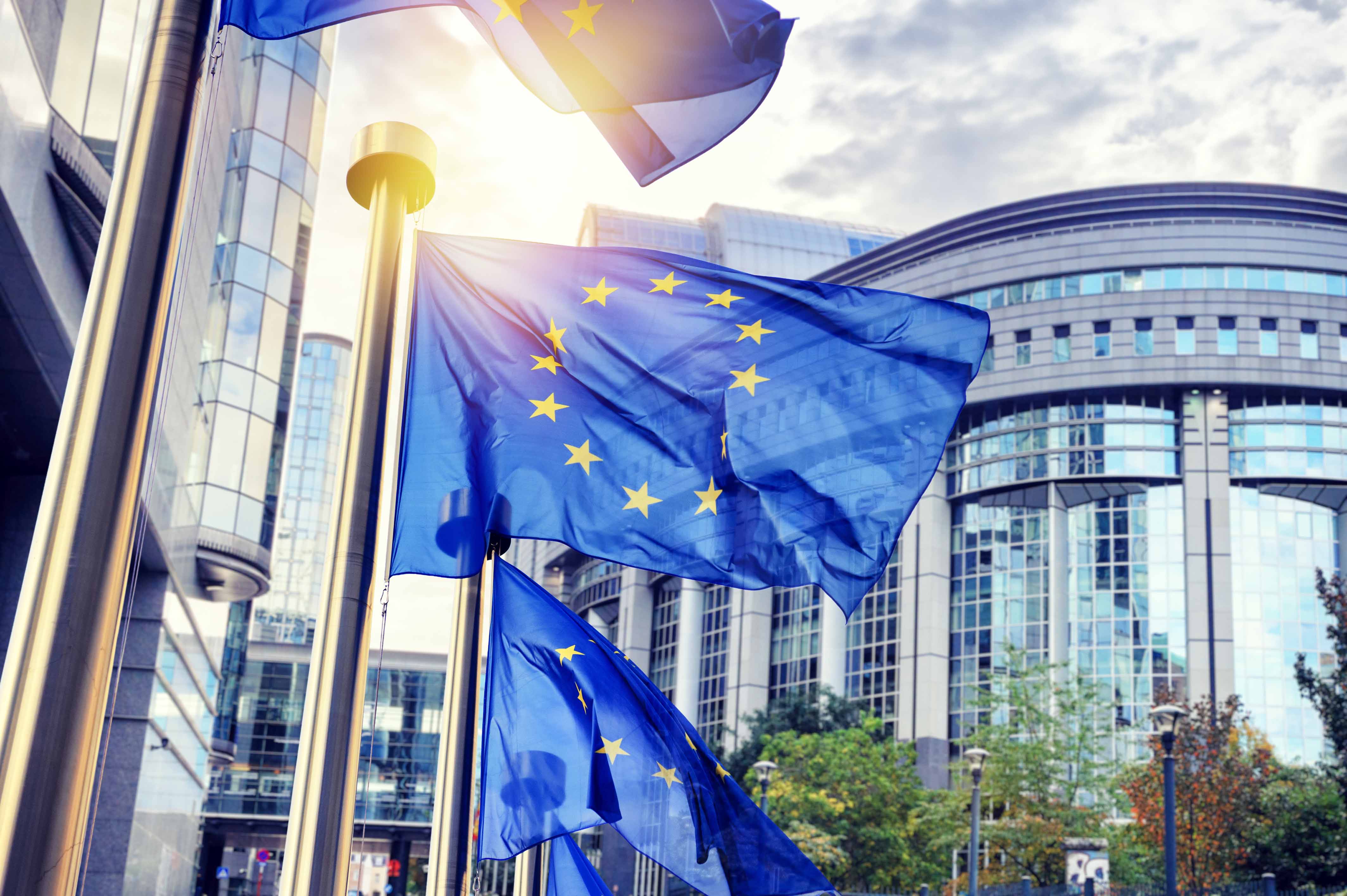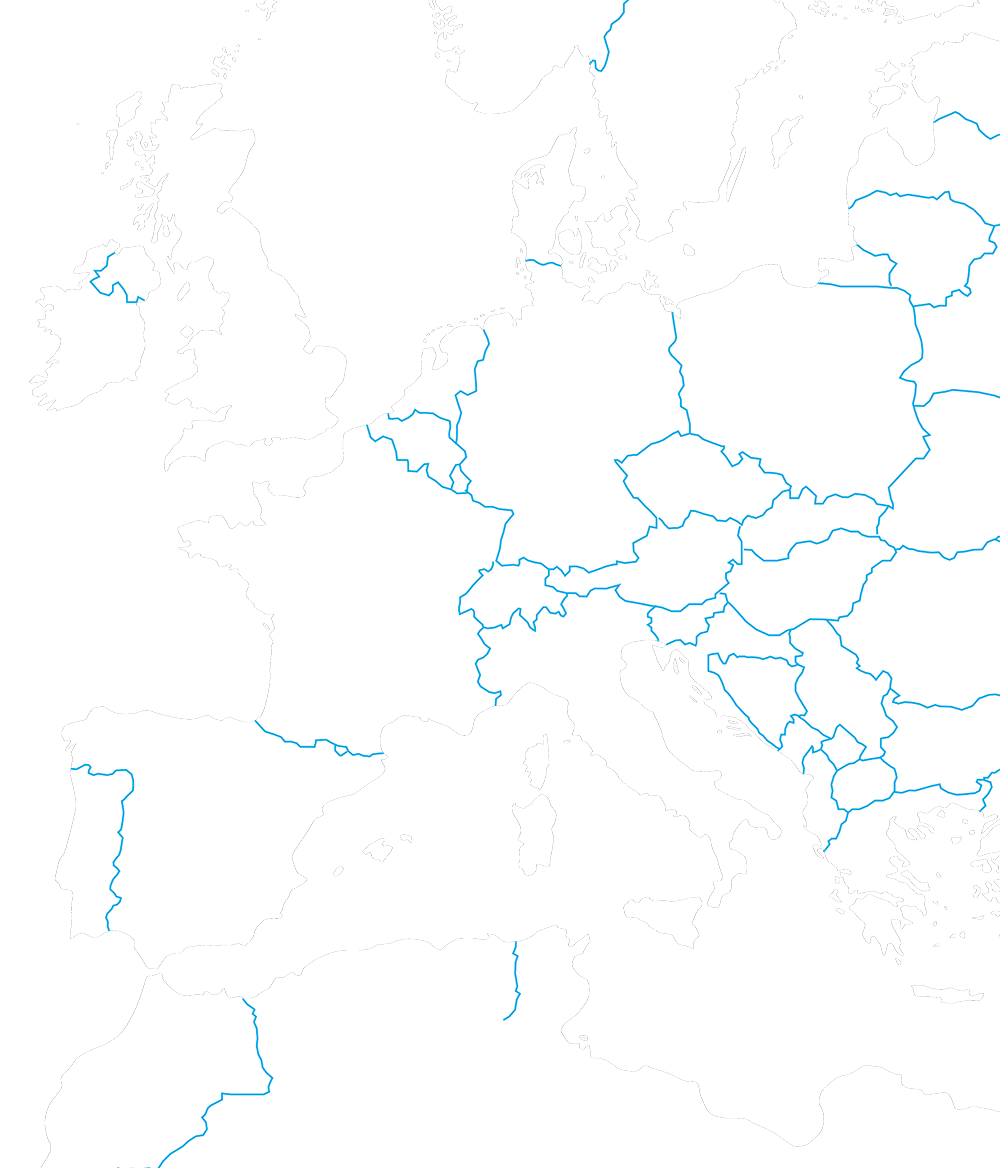Is the KMU-innovativ funding programme open to all topics?
The KMU-innovativ funding programme is not open to all topics. However, KMU-innovativ covers a wide range of topics in so-called technology fields. They aim to drive innovation in various sectors. The technology fields covered by this funding programme are as follows:
Are there any deadlines that need to be observed when submitting an application?
There are two deadlines per year: project outlines can be submitted by 15 April and 15 October. These deadlines are fixed and provide planning security.
How long does it take on average for a funding application to be processed?
The procedure for the KMU-innovativ funding programme is considered fast. The binding deadlines for the submission of outlines and the prompt processing mean that applicants can plan well. They receive notification quickly: according to the BMBF, it takes 2 to 3 months in each application stage to receive feedback on whether a positive decision has been made.
What documents must be provided in the application process?
In the application procedure for KMU-innovativ, companies and research organisations must provide a number of documents. The application procedure consists of two stages and is divided into a project outline and a funding application:
The project outline comprises 10 or 12 pages in which the planned project is described in detail. It contains the objectives, methodology and expected results. The outline also includes a financing plan, a timetable for the implementation of the project, information about the partners involved and their competences as well as an exploitation concept. Depending on the subject area, further subject-specific chapters may be required in the project outline.
In the funding application, the contents of the project outline are concretised and a separate application is submitted by each project partner on a cost basis (AZK application) or expenditure basis (AZA application). The application contains a detailed description of the idea and innovation, a detailed work plan including resource and milestone planning, a detailed financing plan including explanations, a realisation plan for each partner and a description of the need for the grant.
Is it possible to cooperate with other companies or research institutions when submitting an application?
Yes, co-operation with other companies or research institutions is possible. Joint projects can not only increase innovation potential, but also reduce risks and costs for the companies involved. In addition, collaborations can help to bundle different competences and resources in order to successfully implement complex innovation projects.
What conditions are associated with the funding?
The funding conditions of the programme stipulate a number of obligations. These include, for example, adherence to schedules and budgets, regular reporting on the progress of the project and the use of the funding in accordance with the established guidelines. In addition, specific documentation and transparency requirements may be imposed to ensure that the funding is used properly and that the objectives of the project are achieved.
Is reporting necessary during the course of the project?
Yes, during the project, companies are obliged to report regularly on the progress of their project and to keep comprehensive documentation on all activities. This includes, for example, interim reports that summarise the current status of the project as well as milestones and results achieved. In addition, it may be necessary to document all relevant data and results and keep them available for later evaluation or review.










.jpeg)





EurA AG
T- 079619256-0Max-Eyth-Straße 2
73479 Ellwangen
info@eura-ag.com